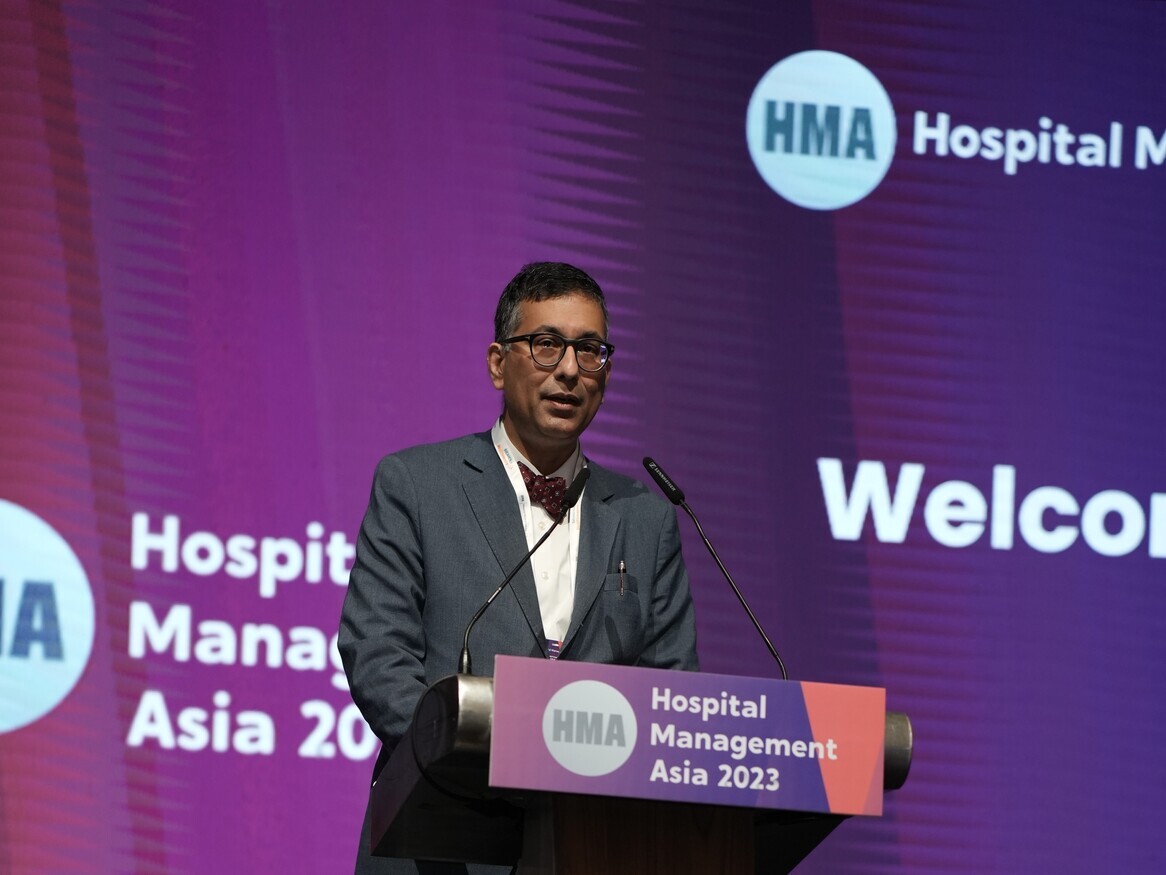KUALA LUMPUR, June 21 – Private hospitals are telling government agencies, payors, and patients not to assume they are the main contributors to rising health care costs.
This comes ahead of plans by Bank Negara Malaysia (BNM) and insurers to introduce new insurance plans with cost-sharing provisions to manage rising health care costs.
Association of Private Hospitals Malaysia (APHM) president Dr Kuljit Singh said the move to introduce cost-sharing insurance plans will result in patients shouldering a portion of their medical expenses and becoming more cost-conscious.
The shift may lead to greater scrutiny of medical bills and procedures, as patients become more informed and selective about their health care choices.
“Since the entire health care ecosystem is much larger than just the care that is provided at the hospital, we hope that all stakeholders, including government agencies, payors, and patients, will not assume that private hospitals are the primary contributors to the rising costs of health care.
“The final charge that is made obvious is at the end of the entire process of costing health care, and regrettably, the hospital is faced with the challenge of controlling costs meanwhile the other parties escape scrutiny,” Dr Kuljit said in his welcoming address at the 30th APHM International Healthcare Conference and Exhibition on June 6.
Dr Kuljit said a coordinated effort among government, regulators, health care providers, and insurers is needed to address the root causes of health care inflation.
With patients becoming more cost-conscious, there might be increased demand for value-based outcomes. Hospitals and clinics may need to adapt by offering more competitive pricing and alternative treatments to attract and retain patients, Dr Kuljit said.
Private health care providers may also experience financial pressures as patients and insurers push back against rising costs, potentially impacting profit margins and operational sustainability.
Meanwhile, insurers face the challenge of educating policyholders about the new plans and encouraging their adoption.
The increased administrative burden of managing cost-sharing arrangements and handling more complex claims could require further investments in technology and customer service.
“In the long term, successful implementation of these plans could stabilise the insurance market and enhance insurers’ ability to offer sustainable coverage,” Dr Kuljit said.
On medication pricing, the APHM, Pharmaceutical Association of Malaysia (PhAMA), Malaysian Organisation of Pharmaceutical Industries (MOPI), and the Malaysian Medical Association (MMA) are collaborating with the Ministry of Health (MOH) to develop systems that ensure clear and open pricing of medications at wholesale, retail, and private health care establishments which includes private hospitals and clinics.
Dr Kuljit said that APHM and the health care industry strongly oppose the imposition of price capping, underlining the importance of price transparency.
“The APHM advocates for the public disclosure of medication prices in outpatient facilities, but the methodology of such practice still requires fine detailing and we hope there are no punitive actions that may be imposed on our member hospitals,” Dr Kuljit said.
Former health minister Khairy Jamaluddin, in July 2022, said that the government would consider direct federal control of drug prices as a “last resort”, citing price caps set on Covid-19 vaccines that were sold to the public under the private vaccination rollout that is separate from the public immunisation programme.
Although the government prefers not to interfere in the market, it has resorted to such measures when necessary, Khairy said. For instance, the supply of Covid-19 vaccines in the private sector was capped at RM130 to RM180 per dose for two of the vaccines.
According to MOH data, out-of-pocket (OOP) health care spending in Malaysia has more than tripled over a period of 15 years, increasing from RM7.14 billion in 2006 to RM23.15 billion in 2020, with 15 per cent of OOP spending in 2020 going to pharmaceuticals.
In cancer treatment, for example, eight cancer drugs approved in 2015 had a six-figure list prices, namely Tagrisso (US$153,000), Alecensa (US$150,000), and Portrazza (US$137,000) for lung cancer; Empliciti (US$140,000), Farydak (US$119,000), Ninlaro (US$113,000), and Darzalex (US$110,000) for multiple myeloma (blood cancer); and Ibrance (US$118,200) for metastatic breast cancer.
Separately, APHM expressed gratitude that the MOH has agreed to expedite and simplify the licensing procedure for new hospitals and the renewal of licences with CKAP (Cawangan Kawalan Amalan Perubatan) during a meeting on April 1.
“Private hospitals can save a substantial amount of money, which will consequently reduce the cost of private health care for our patients. This can be achieved by ensuring that the licensing system is seamless and that the waiting time is reduced,” Dr Kuljit said.








